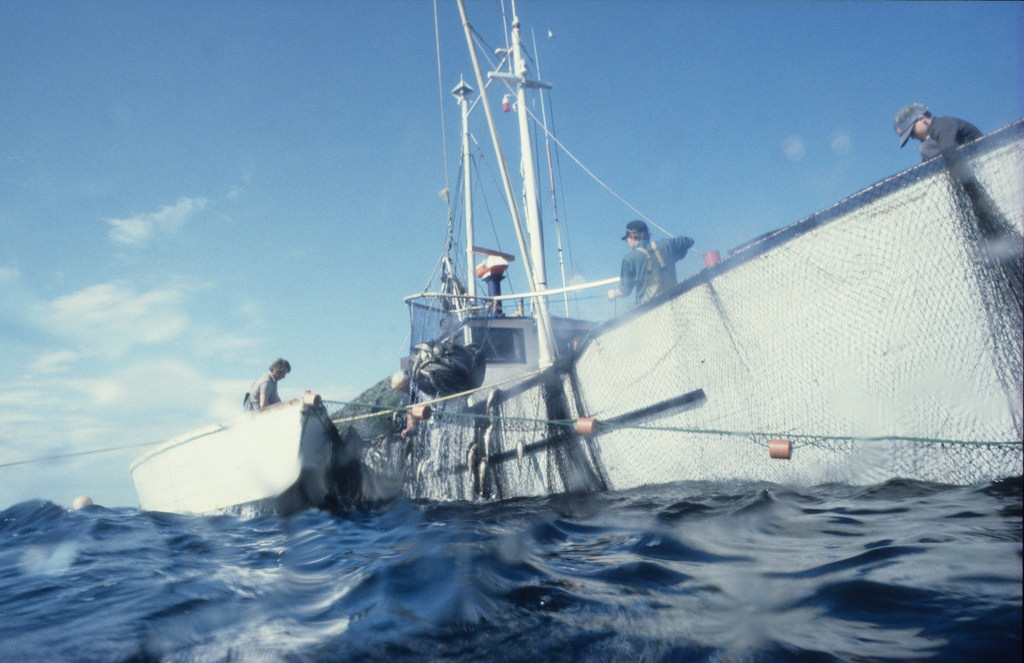This analysis was originally posted in New Scientist, and can be found here.
By James Randerson.
IT IS one of the planet’s last true wildernesses, yet a handful of the world’s wealthiest nations are plundering its riches to satisfy the appetites of luxury consumers – all with the help of billions in public money.
The great blue wilderness in question is the “high seas” – the 58 per cent of the ocean outside the 200-nautical-mile limit that defines the area each coastal country can exploit as an exclusive economic zone (EEZ). The vast majority of the high seas is a fishing free-for-all with almost no legal protection, but now a bold idea is taking root: why not ban fishing there altogether?
The plan might seem an impossible conservation dream, especially with a new US president who has rejected internationalist foreign policy and environmental protections, but it has been gaining momentum. At the Our Ocean conference, hosted by the US Department of State in Washington DC in September, Secretary of State John Kerry spoke warmly about the notion of placing the high seas off limits. Turning this vast area of ocean into a marine protected area would be “an extraordinary step”, he argued.
(…) So like a nautical Robin Hood, a ban would take from the rich and give to the poorest nations, whose own coastal waters are being deprived of migratory fish by the high seas trawlers. “Globally we will benefit but you are going to have losers,” says Rashid Sumaila at the University of British Columbia in Canada.
Continue reading the full story by clicking here.


